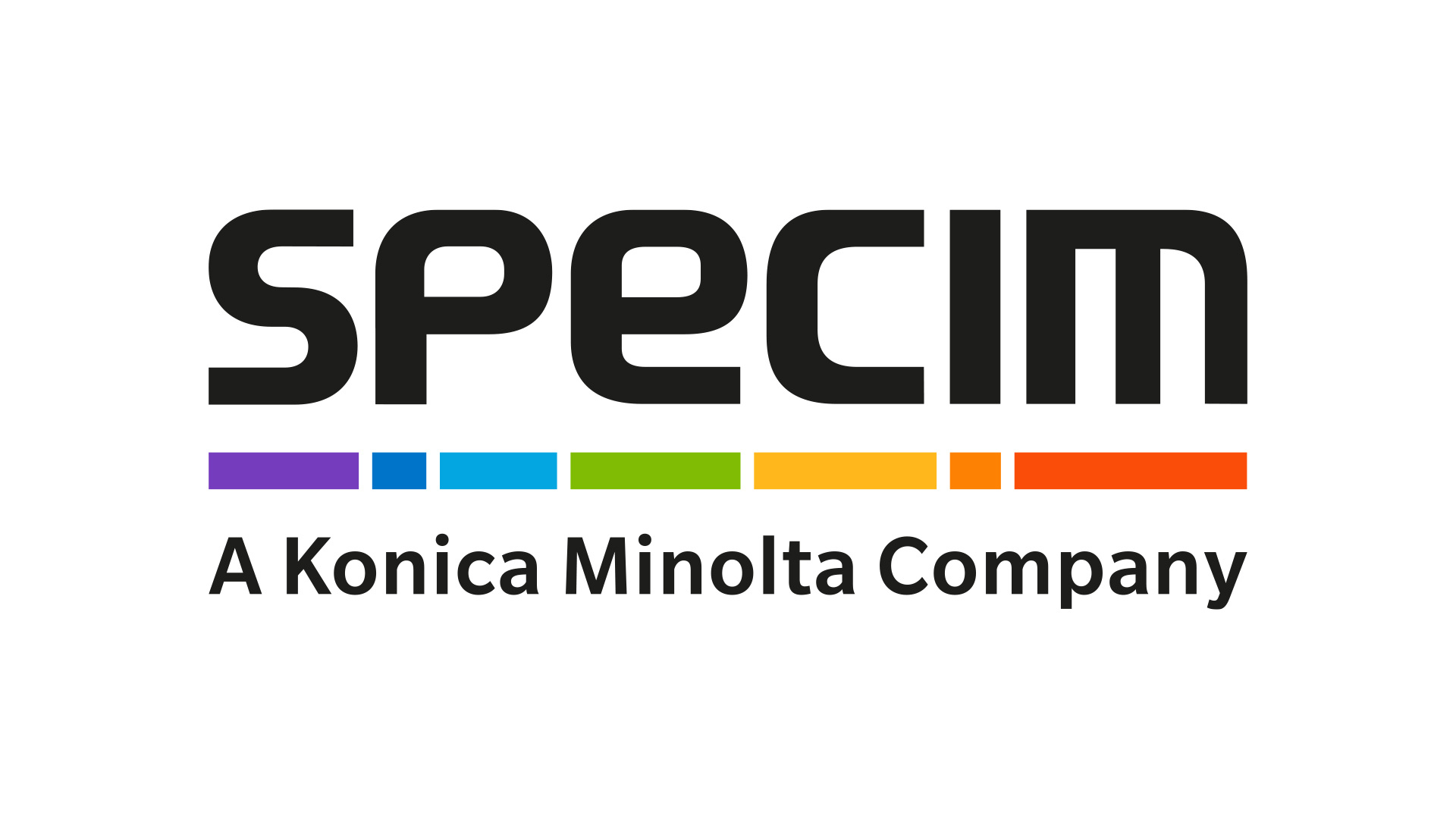Specim FX series Use-Cases
Ranked Nr. 181 of 126 2D Vision Systems

The SPECIM FX10 and FX17 hyperspectral imaging cameras have a wide range of potential applications in various industries, including food sorting, pharmaceuticals, agriculture, recycling, mining, and many others. Some of the specific applications include:
1. Food sorting and quality control: the cameras can identify defects, contaminants, and other unwanted substances in food products, allowing for their removal and ensuring high quality and safety standards.
2. Pharmaceutical analysis: the cameras can identify and analyze the chemical composition of pharmaceutical products, helping to ensure product quality and consistency.
3. Agriculture and forestry: the cameras can be used to monitor plant health, identify diseases, and analyze the chemical composition of soil and vegetation.
4. Recycling and waste management: the cameras can identify and sort various types of waste and recyclable materials based on their spectral signatures.
5. Mineral analysis: the cameras can analyze the chemical composition of minerals and ores, helping to identify valuable resources and optimize extraction processes.
Revolutionizing Industrial Measurements with Specim FX Series Hyperspectral Cameras
Problem
Traditional cameras struggle to accurately measure and differentiate complex industrial parameters like color variations, tenderness, and ripeness. Moreover, using these cameras may risk damaging products or causing scratches during measurement processes.
Solution
The Specim FX Series hyperspectral cameras offer a revolutionary solution to industrial measurement challenges. They provide 10 times better accuracy than standard RGB cameras when measuring color differences. Furthermore, their non-invasive design ensures that there is no risk of damaging products or causing any unwanted scratches during the measurement process.
Outcome
By incorporating Specim FX Series hyperspectral cameras into industrial processes, businesses can achieve precise and reliable measurements of various parameters such as parasites, fat content, protein levels, tenderness, ripeness, color contrast, and brightness. This innovative technology not only enhances measurement accuracy but also ensures the safety and integrity of products, ultimately improving quality control and productivity in industrial settings.
Enhancing Food Safety with INSPECTRA's Hyperspectral Quality Control
Problem
Maintaining food safety is paramount in the food industry, as any quality issues can result in compromised product safety and necessitate costly recalls. Traditional quality control methods often fall short in accurately identifying defects and ensuring consistent product quality.
Solution
INSPECTRA, in collaboration with Specim, has introduced cutting-edge hyperspectral imaging technology to the food industry. By integrating Specim's high-tech hyperspectral cameras into their inspection equipment, INSPECTRA can provide the food industry with a comprehensive solution for quality control and automation. These hyperspectral cameras offer unmatched precision in detecting defects, assessing food quality parameters, and ensuring compliance with safety standards.
Outcome
Through the partnership between INSPECTRA and Specim, operators in the food industry can achieve superior quality control and product safety. Hyperspectral imaging technology enhances the accuracy of defect detection, quality assessment, and process automation. This results in reduced risks of compromised food safety, minimized product recalls, and increased consumer confidence. INSPECTRA's commitment to using Specim's hyperspectral cameras showcases their dedication to delivering state-of-the-art solutions for a safer and more efficient food production industry.

